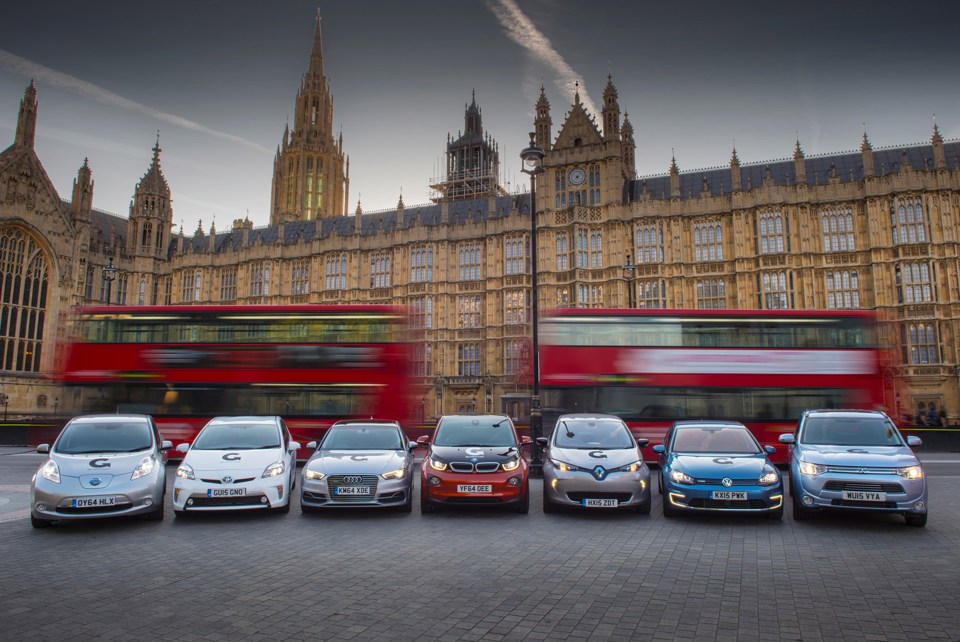Average new lease car emissions dropped to 113g/km at the end of 2019, following a surge in electric vehicle (EV) registrations.
Data from the BVRLA’s Q4 2019 Quarterly Leasing Survey shows that EVs were responsible for more than 4% of new lease car registrations, a 750% growth in market share compared to the same period in 2018.
As the BEV share of the new lease car market grew, it counteracted the inflationary impact of the new WLTP emissions standard, which had increased most petrol and diesel emissions by 10-20%.
The salary sacrifice sector is leading the way in EV registrations, responsible for a quarter of new car additions in Q4 2019. During the same period, EVs made up just over 6% of new business contract hire cars.
At 113g/km CO2, the average lease car registered at the end of 2019 had emissions 10% lower than the average newly registered car.
“The Q4 survey was the last conducted before the impacts of Brexit, the March 2020 Budget, the April 2020 tax changes and the COVID-19 pandemic,” said BVRLA Chief Executive, Gerry Keaney.
“It will be fascinating to see the effect that these huge external factors will have on the shape of the leasing market and the speed of transition to zero emission road transport. Our new, improved survey means that we can give members a clearer picture than ever before.”
Demand for EVs is expected to be even greater this year as company car drivers look to take advantage of the 0% BIK rate that applies to zero-emissions cars.
Fleet investment in electric vehicles (EVs) will increase by almost 50% over the next two years, exceeding £12 billion, according to research from Centrica Business Solutions.
It surveyed businesses about their EV investment intentions and found many are planning to significantly ramp-up spending on the electrification of their fleet.
The data revealed that, in the two years since the Government announced a ban on the manufacture of petrol and diesel vehicles, businesses have spent an estimated £8.2bn on EV adoption.
However, it shows over the next two years, this level of investment is set to increase by almost half (46%) – to £12bn – as firms accelerate the introduction of electric cars and vans into day-to-day operations.
The BVRLA’s Q4 Quarterly Leasing Survey also showed that the lease car fleet shrank by nearly 3% year on year, with a 7.3% increase in consumer contracts failing to offset a 5.4% fall in business leasing.
BVRLA members can read the full report on the organisation’s website.




















Login to comment
Comments
No comments have been made yet.